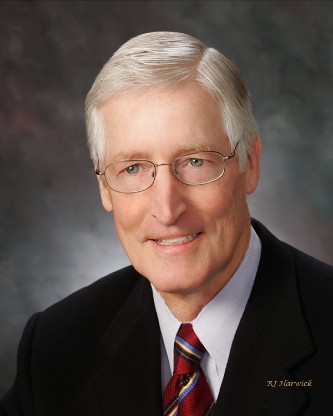“This gift and the institute will foster a new generation of students with a lifelong commitment to advocacy and positively affect the lives of people in the Lehigh Valley and beyond,” said Lehigh President John D. Simon ’19P.
“Students are passionate about social justice, and the Marcon Institute will provide an important way for them to be deeply engaged and have an impact, doing things that make a difference in our community. It will shape both their undergraduate experience and their lives after Lehigh,” said Nathan Urban, provost and senior vice president for academic affairs. “It will allow Lehigh to be a catalyst for promoting social justice in the region and prepare students to be agents for change.”
Marcon is a Bethlehem native, noted Lehigh Valley philanthropist, and CEO of Duggan & Marcon, a finishes contractor for commercial, industrial and institutional projects. His interest in promoting racial equity began with his amateur sports career, forming relationships while playing alongside Black teammates as one of only a few white players on the Bethlehem Giants baseball team in high school and on his basketball team as an officer in the Army. But the subject of racial discrimination and equality became even more personal for Marcon as a grandfather to four biracial grandchildren.
“That got me thinking about these issues and what I could do about them,” Marcon said. “It’s easy to recognize them globally or nationally, but one person with limited resources will not make any impact at that level. But locally, I certainly could have impact.”
Marcon began looking for ways to address racial issues in the Lehigh Valley and determined that a college or university would provide both the wide-ranging impact and guaranteed sustainability he sought. Although Marcon is a graduate of Davidson College in North Carolina, Lehigh immediately came to mind because of his relationships with the university as a benefactor and contractor, as well as personal ones—his wife, Ruth ’68G, and sister Martha ’74 are alumnae, and Martha served on the Board of Trustees from 1995-2001.
Many discussions with Donald Outing, Lehigh’s vice president for equity and community, ensued, including an invitation by Outing for the Marcons to attend historian and author Ibram X. Kendi’s MLK keynote lecture on anti-racism at Lehigh in October 2019.
“We all had dinner with Kendi and heard about what he was doing at the time at his center at American University. I think this solidified Charlie’s ideas as he thought, ‘Is this something we could do here at Lehigh?’” Outing recalled. “Could Lehigh be that exemplar that was advancing the work on addressing systemic racism within organizations, within our society, within our culture?”
Outing says Marcon accelerated his plans after the death of U.S. Rep. John Lewis in July 2020 and the racial unrest in the country, leading to the formation of the Marcon Institute.
As the search begins for a director, initial Marcon Fellows will be identified based on nominations from faculty and staff members who currently support work in the field of racial justice. The director will establish a program of study and engagement in community issues surrounding race and equity.
Of the future Marcon Fellows, Marcon said, “I would like them to be conscientious, thoughtful, caring people who really have a passion for social justice. My hope is that they, and the institute, can create a voice that is heard far beyond our community to highlight and eliminate racial injustice.”
Story by Cynthia Tintorri


